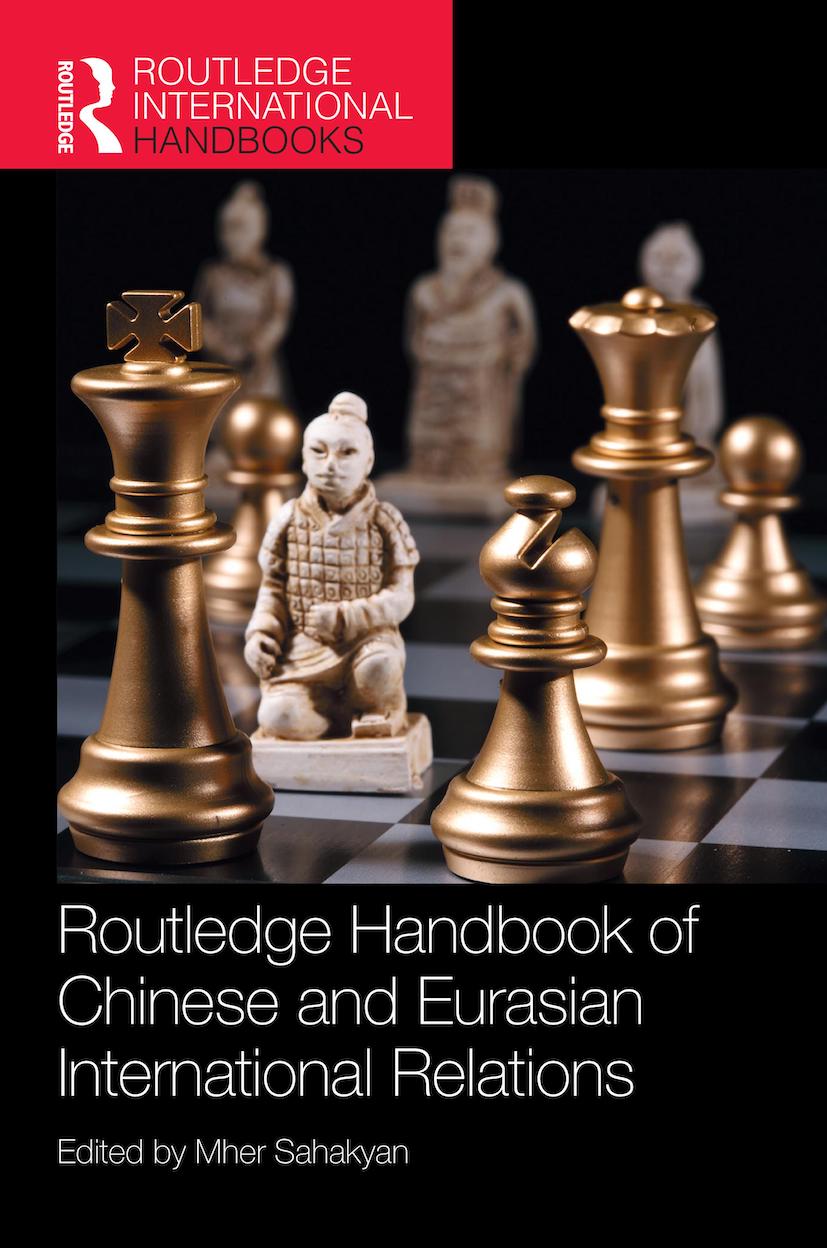
A book on China’s relations with Eurasian states in a multipolar era was launched on July 26, with experts from the Hong Kong Special Administrative Region and around the world exploring the topic through different perspectives.
Edited by Mher Sahakyan, director of Armenian China-Eurasia Council for Political and Strategic Research, the Routledge Handbook of Chinese and Eurasian International Relations was published by British academic publisher Taylor & Francis.
Divided into ten parts, the handbook analyzes topics including the major powers in a multipolar world order; China’s political and economic interests in post-Soviet Eurasia, Middle East, Europe, Asia-Pacific, and Arctic; and China’s relations with the United States, Russia, Eurasian Economic Union, NATO and other players.
ALSO READ: Weeklong Hong Kong Book Fair closes with nearly 1m visits
International technology and environmental experts discussed the impact of China’s Belt and Road Initiative (BRI), along with other international economic and transport corridors, and examined Beijing’s multilateral relations and Digital Silk Road and e-governance roles.
The handbook also contains official documents detailing the establishment of diplomatic relations between China and several European and Asian states.
Authors from Hong Kong, including Kevin Lo Tek-Sheng, director of the David C Lam Institute for East‐West Studies at Hong Kong Baptist University; and Brian Wong Yue-shun, assistant professor in philosophy at the University of Hong Kong, discussed environmental geopolitics in regard to the BRI and China’s global influence, and Hong Kong’s agency within Sino-US relations.
“The handbook provides a grounded analysis of the complex nuances and perspectives on the contentious and fluid geopolitics and political economy centering in the Eurasian continent’s regions,” said Linda Chelan Li, director of the Research Centre for Sustainable Hong Kong at the City University of Hong Kong.
ALSO READ: Reading the world
By compiling research by authors from diverse backgrounds, the handbook makes an important contribution to the wide scope and timely analysis of China’s emerging role in Eurasian politics, economy and high-technology sphere, said David Morris, senior fellow of Beijing-based think tank Center for China and Globalization and former vice-chair of the UN ESCAP Sustainable Business Network for the Asia Pacific.
Mher Sahakyan, editor of the book, said the authors demonstrated that even in challenging international relations, it is possible to navigate together and find ways for further coexistence.
Sahakyan said he believes the groundbreaking book will be of interest to policymakers, business people, scholars, and students in various fields.


